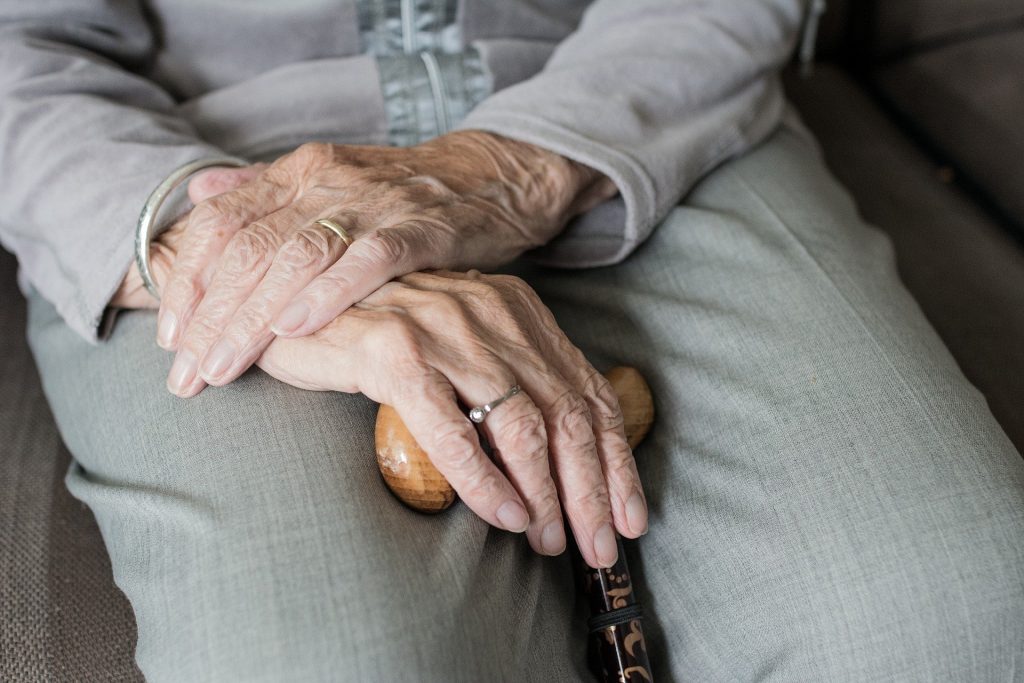LATEST – Management position on Leasehold, Neighbourhood, Rental Income, Customer Contact Centre
Hello All,
Earlier this week I confirmed that that all interviews have been suspended up until 1 June and that this would not affect any applications for voluntary redundancy. I also stated that I would provide an update to everyone as to the implementation of the wider CEP recommendations before the end of this week.
The CEP recommendations will continue to be implemented but with some changes to account for the suspension of the interviews. Please note that these dates are subject to review in light of the ongoing COVID-19 issues. I would like to thank everybody for their continued efforts over this difficult period and I have tried to give an overview of how this will impact on each service below over the coming months and up to 1 July:
| Changes 13 April 2020 |
|
1 – Income Collection Services
|
|
2 – Housing Management Services
|
|
3 – Leasehold Development Team
|
|
4 – Leasehold Management Functions & Right to Buy
|
| Changes 18 May 2020 |
|
1. Income Collection Service
|
|
2. Housing Management Services
|
|
3. Leasehold Development Team
|
|
4. Leasehold Management Functions & Right to Buy
|
| Changes 1 June 2020 |
|
1. Income Collection Service
|
|
2. Housing Management Services · Interviews planned for this date – to be kept under review
|
|
3. Leasehold Development Team
|
|
4. Leasehold Management Functions & Right to Buy
|
| Changes 1 July 2020 |
|
1. Housing Management Services
|
|
2. Leasehold Development Team
|
|
3. Leasehold Management Functions & Right to Buy
|
I will be keeping this plan under continuous review and its successful implementation is dependent on a number of factors not least having feedback from everyone about what is and what isn’t working.
If you do have any queries about the above, please let me know.
Kind regards
Stuart Coleman


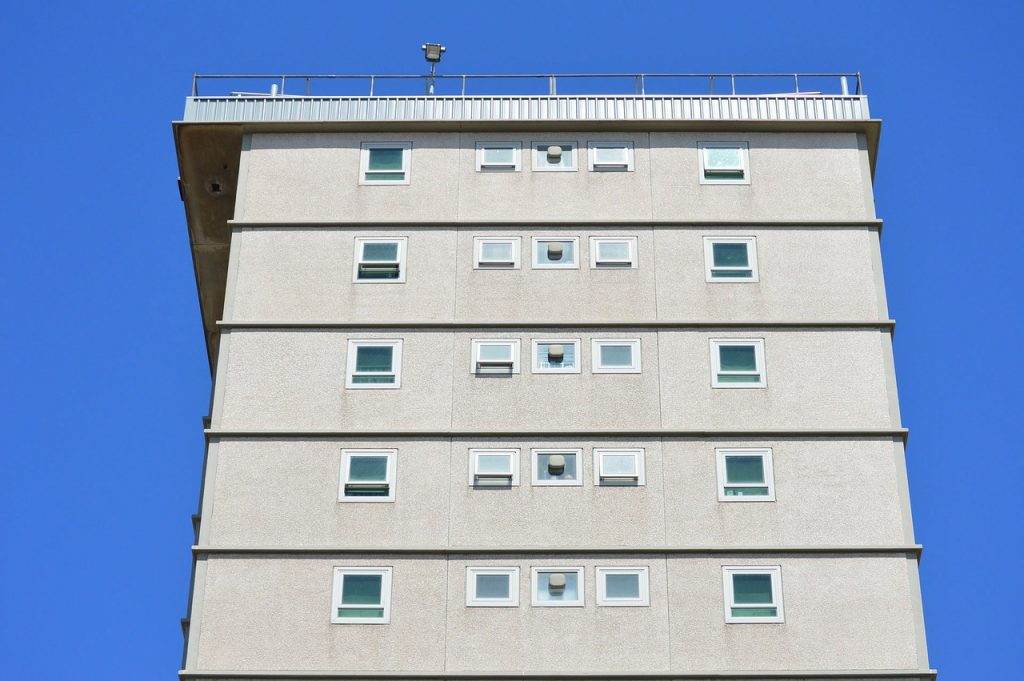 Dear member,
Dear member,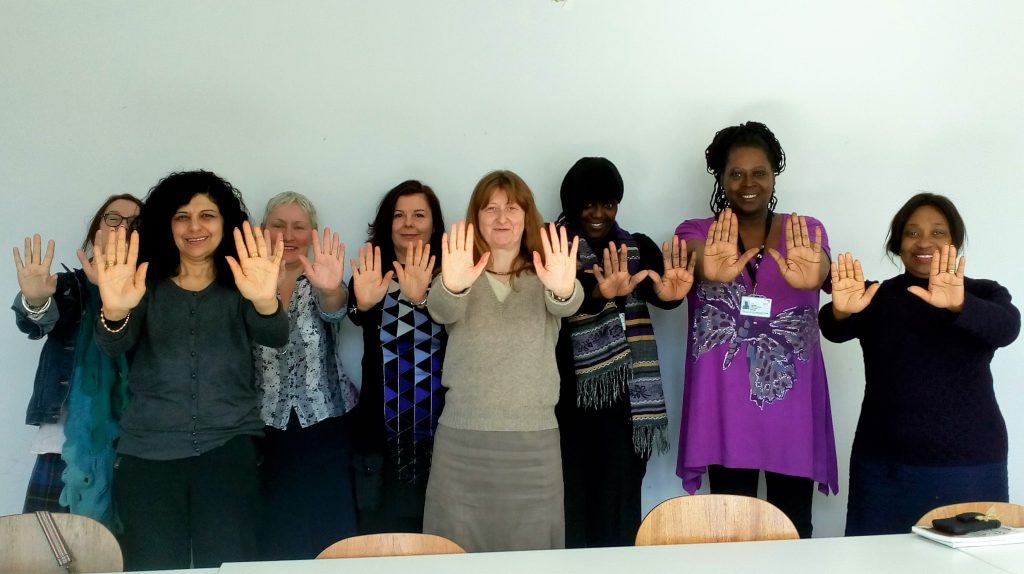
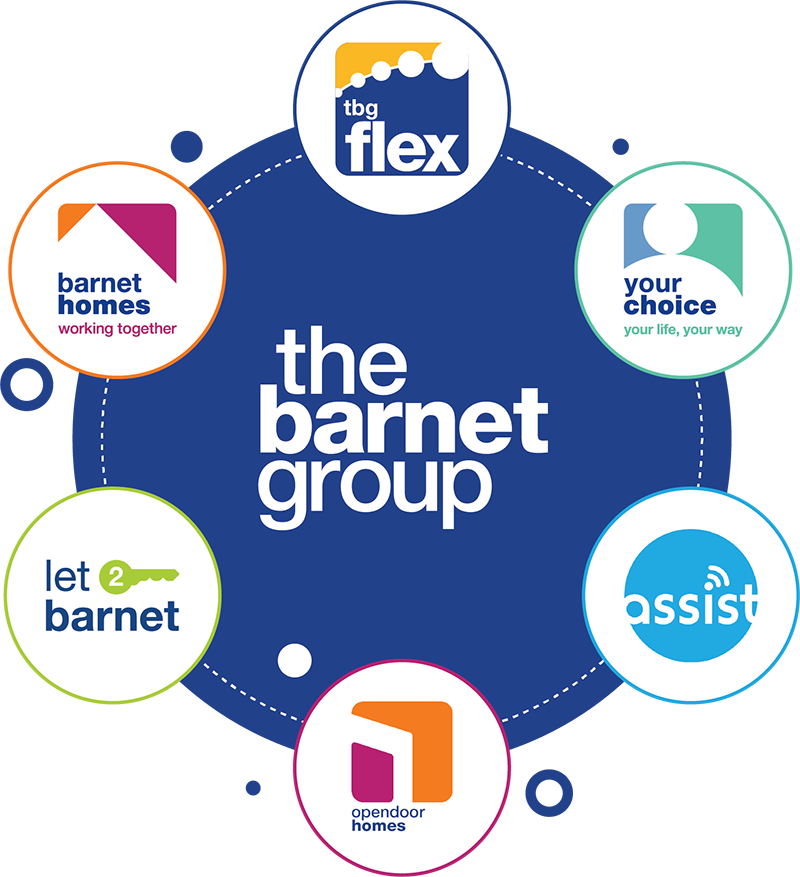

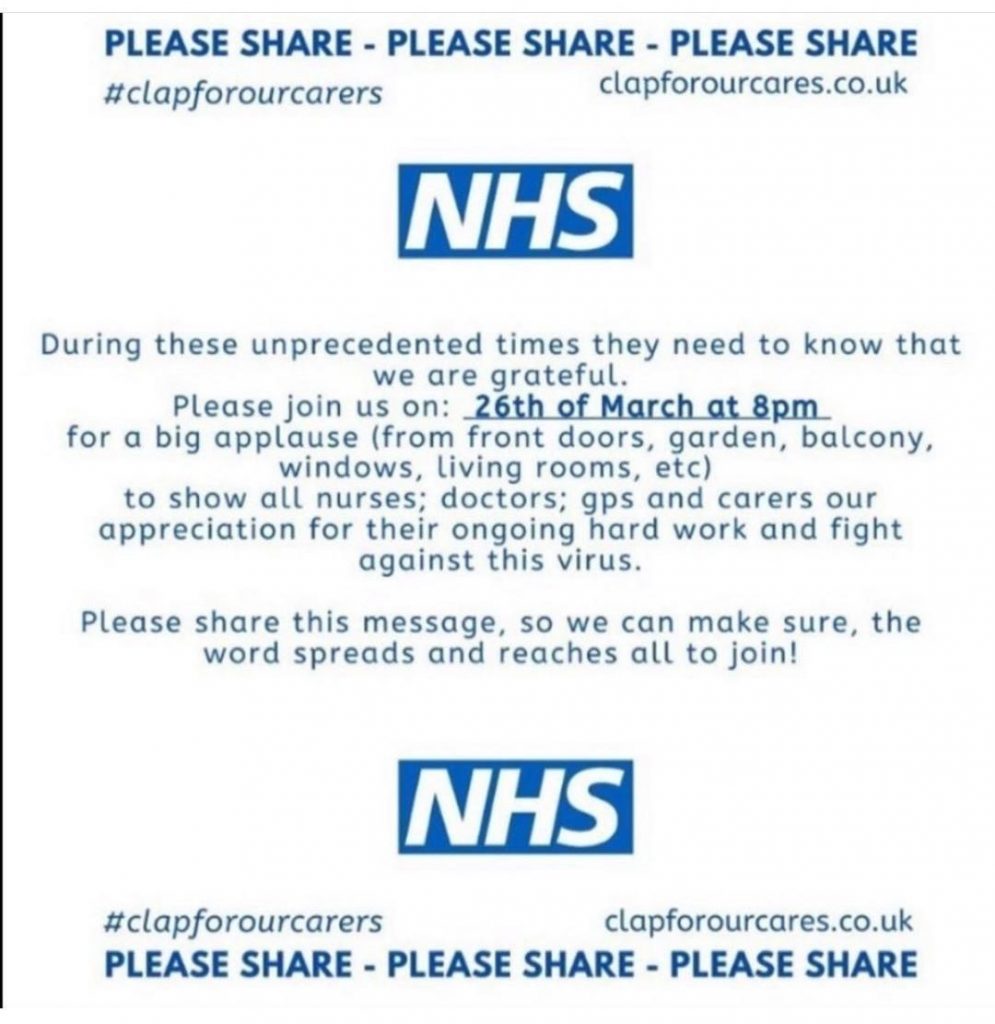
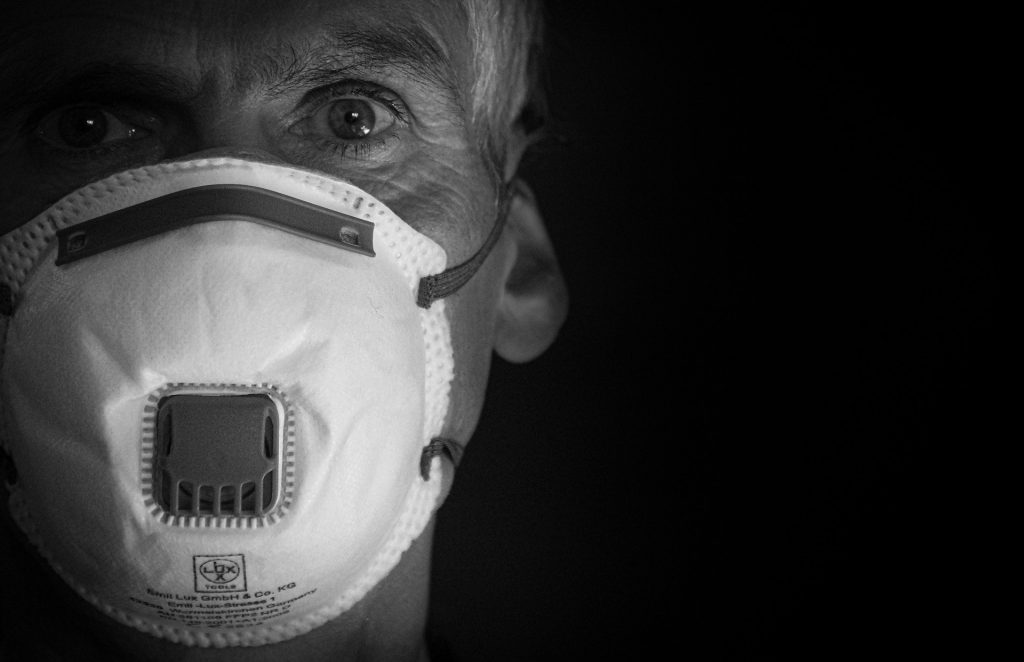

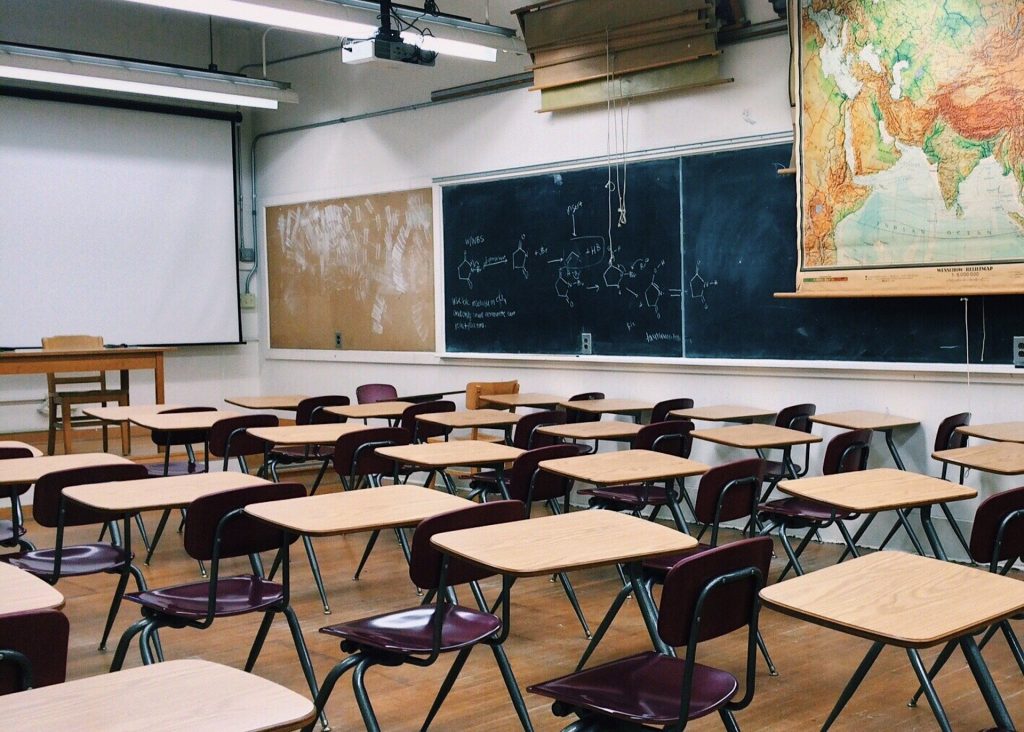 Frequently Asked Questions for Barnet educational settings that are continuing to be open for children of key workers – from Barnet Public Health Team 22 March 2020
Frequently Asked Questions for Barnet educational settings that are continuing to be open for children of key workers – from Barnet Public Health Team 22 March 2020